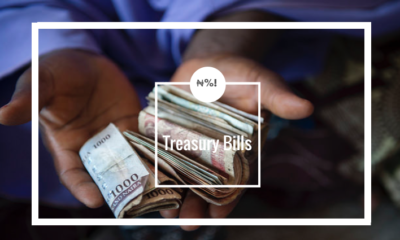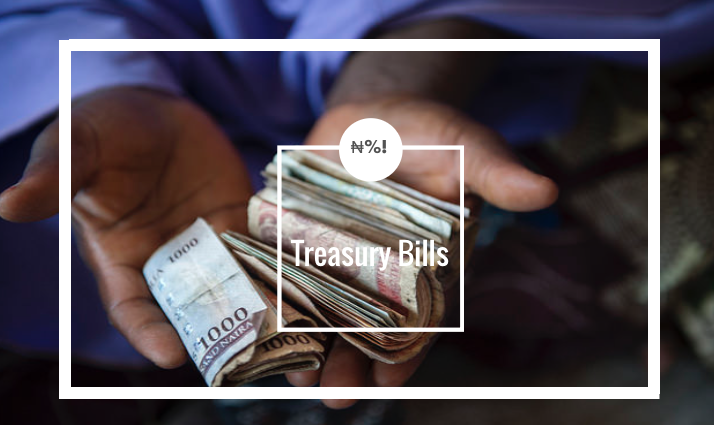The Central Bank of Nigeria (CBN) has successfully raised a total of N284.26 billion through its latest Nigerian Treasury Bills (T-Bills) auction.
The auction, which was initially set to offer N228.72 billion, saw an overwhelming subscription of N773.98 billion, indicating an oversubscription rate of 338%.
This substantial interest highlights the ongoing demand for government securities amid Nigeria’s economic conditions, providing a crucial source of funding for the government’s short-term expenditure.
According to the auction results released by the Debt Management Office (DMO) and confirmed by data on the CBN website, the strong investor turnout underscores the perceived safety and attractiveness of T-Bills as an investment option.
Surge in Treasury Bill Debt
The successful auction comes at a time when Nigeria’s T-Bills debts have soared to unprecedented levels.
Between December 2023 and March 2024, the debt rose sharply from N6.5 trillion to N10.4 trillion, marking a 60% increase in just three months.
This rise reflects the government’s heavy reliance on T-Bills to finance short-term fiscal needs amid ongoing economic challenges.
Breakdown of the Auction
The auction featured three tenors: 91-day, 182-day, and 364-day bills. Each tenor saw significant investor interest, with the 364-day bills attracting the highest subscriptions:
- 91-day bills: Offered at N29.83 billion, received subscriptions worth N36.29 billion, with an allotment of N28.15 billion. The stop rate was 16.30%.
- 182-day bills: Offered at N30.67 billion, received subscriptions of N40.58 billion, with an allotment of N36.44 billion. The stop rate was 17.44%.
- 364-day bills: Offered at N168.21 billion, received overwhelming subscriptions of N697.11 billion, with an allotment of N219.67 billion. The stop rate was 20.68%.
Investor Confidence and Government Strategy
The significant oversubscription across all tenors highlights strong investor confidence in Nigerian T-Bills as a secure investment avenue, even amidst prevailing economic uncertainties.
The high subscription rate, particularly for the 364-day bills, indicates a preference for longer-term securities, likely driven by expectations of future economic stability and favorable returns.
Government’s Debt Management
This auction underscores the critical role of T-Bills in the government’s debt management strategy.
Treasury bills and Federal Government of Nigeria (FGN) bonds are considered risk-free investments, providing a safe haven for investors while helping the government manage its debt profile and finance short-term expenditures.
Rising Domestic Debt
The surge in T-Bills debt has contributed to an increase in Nigeria’s total domestic debt profile, which rose to N65.6 trillion in Q1 2024, up from N59.1 trillion in December 2023.
While the external debt profile saw a slight dip from $42.9 billion to $42.1 billion, the overall public debt in naira terms stood at N114.7 trillion as of March 2024.
Economic Outlook
Despite the rising debt levels, experts highlight the importance of these instruments in managing liquidity and supporting government financing needs.
Treasury bills not only help in raising funds but also play a role in controlling the money supply, which is crucial for implementing effective monetary policy.


 Billionaire Watch3 weeks ago
Billionaire Watch3 weeks ago
 Startups4 weeks ago
Startups4 weeks ago
 News4 weeks ago
News4 weeks ago
 News4 weeks ago
News4 weeks ago
 Bitcoin4 weeks ago
Bitcoin4 weeks ago
 Naira4 weeks ago
Naira4 weeks ago
 Forex3 weeks ago
Forex3 weeks ago
 Treasury Bills4 weeks ago
Treasury Bills4 weeks ago














